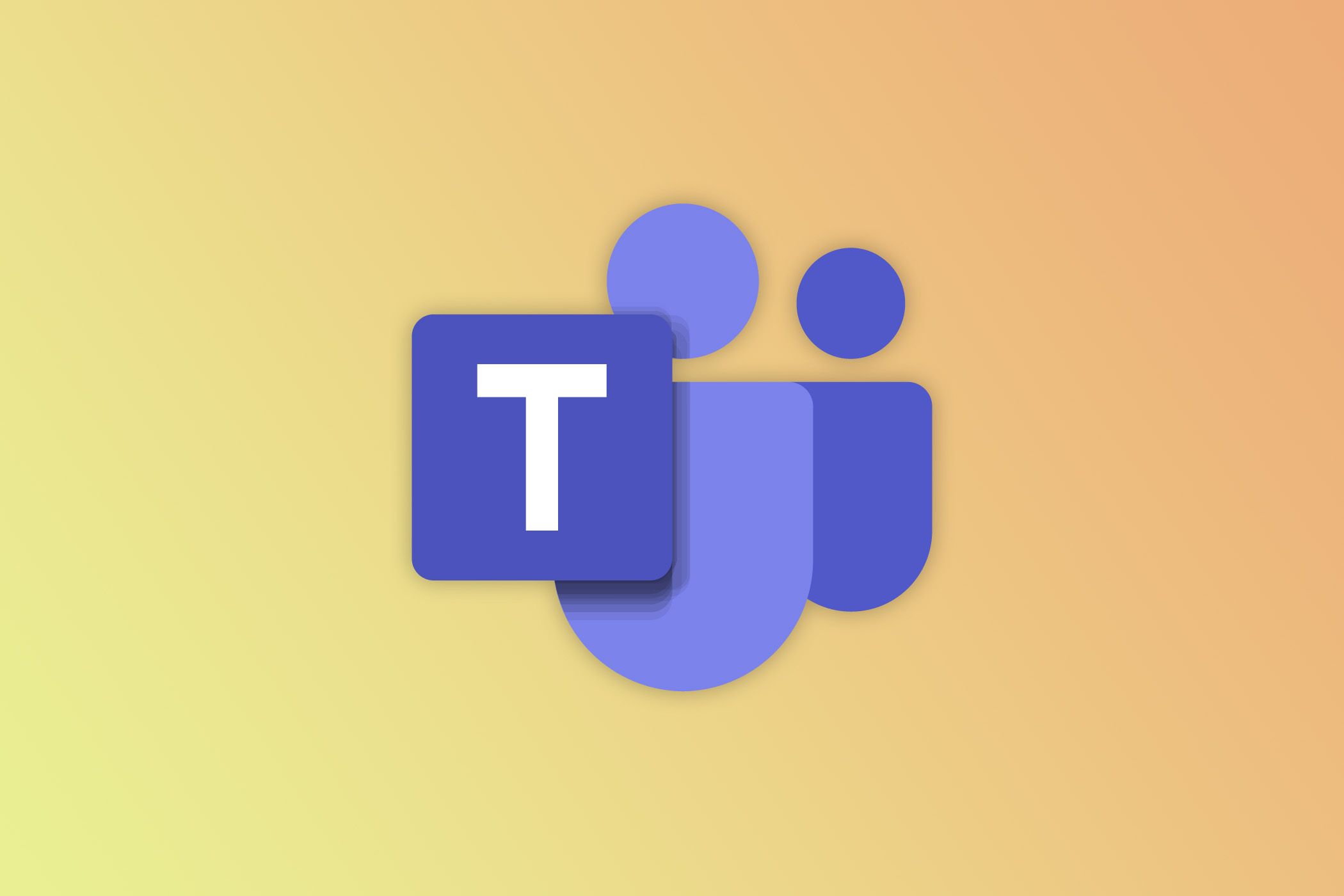
Microsoft is making some changes to the way the free tier of Teams operates, and you’re probably not going to like them.
The company has announced that the free version will no longer be able to sync with Google Calendar. Additionally, Microsoft is doing away with location sharing, which displayed your live location to folks in your contact list. The company is also nixing the Safe feature, which allowed you to store sensitive information like banking information and personally identifiable data in Teams and access it across mobile devices. Tasks, which shared to-do items with your contacts and work groups, is getting the ax as well. Mini Teams, the feature that placed a compact chat window directly on the desktop, is being discontinued as well.
“We’re always working hard to improve the Microsoft Teams (free) experience,” the company wrote in its announcement. “Sometimes this means that we may discontinue certain features or products when we feel they can no longer help you get the most from Microsoft Teams (free).”
The company recommends that you export any data associated with the soon-to-be-removed features—specifically your location data and to-do lists—as soon as possible if you don’t want to lose it. To do so, you’ll want to head over to Microsoft’s Export page, sign in, and then select the data you want to pull. Teams can export your chat history, media files, contacts and shared tasks, as well as all of your synced Google data.
Teams has undergone significant changes in 2024 as Microsoft jockeys for position in the increasingly crowded business collaboration space. The company split Teams off from the Microsoft 365 package in April to avoid incurring penalty fines from European Union regulators.
“To ensure clarity for our customers, we are extending the steps we took last year to unbundle Teams from M365 and O365 in the European Economic Area and Switzerland to customers globally,” a Microsoft spokesperson told How-To Geek at the time. “Doing so also addresses feedback from the European Commission by providing multinational companies more flexibility when they want to standardize their purchasing across geographies.”
The company subsequently combined the separate home-use and business-use versions of Teams into a single product in August. Microsoft cited the inefficiencies in having to build and maintain two versions of the same app as the reason for that move.
Source: Microsoft
